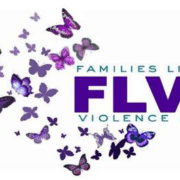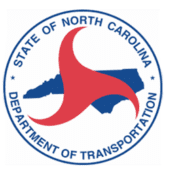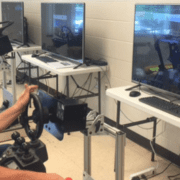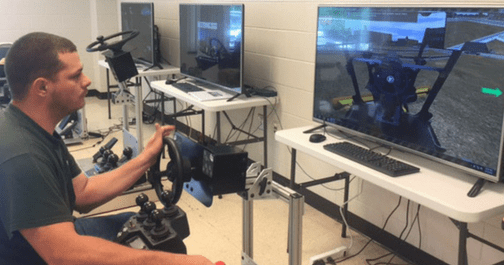-Press Release, U.S.Department of Justice
United States Attorney Robert J. Higdon, Jr. announced that today, JATWAUN DONKES DAVIS, 27, of Manson, North Carolina was sentenced by Chief United States District Judge James C. Dever, III to 36 months imprisonment followed by 3 years’ supervised release.
DAVIS was named in a three-count Indictment on July 19, 2017. On March 5, 2018, DAVIS pled guilty to Possession of a Firearm by a Felon, Possession of a Stolen Firearm, Receipt of a Firearm While Under Indictment.
On December 5, 2016, DAVIS was arrested for Breaking and Entering and Larceny after Breaking and Entering in Warren County, North Carolina. On January 17, 2017, DAVIS was indicted for the charges and released on a secured bond on January 20, 2017.
On April 6, 2017, DAVIS was at his girlfriend’s residence in Henderson, North Carolina, when an argument ensued between her and DAVIS. DAVIS became enraged when she told DAVIS his friends needed to leave. DAVIS pushed his girlfriend on her bed, grabbed her throat and began choking her while threatening to kill her. Upon his girlfriend requesting a friend to retrieve her purse where she kept her firearm, DAVIS jumped up and ran to the other bedroom taking his girlfriend’s firearm from her purse. DAVIS fled from the residence while in possession of the firearm. She chased after DAVIS yelling at him to return her firearm. DAVIS was picked up in a vehicle. DAVIS later informed his girlfriend that he had thrown the firearm by the road as he fled from her residence. A short time later, his girlfriend went to the Henderson Police Department (HPD) and filed charges relating to the assault and theft of her firearm.
On March 26, 2018, DAVIS provided a written statement accepting responsibility for the three charges.
This case is part of Project Safe Neighborhoods (PSN), a program bringing together all levels of law enforcement and the communities they serve to reduce violent crime and make our neighborhoods safer for everyone. Attorney General Jeff Sessions reinvigorated PSN in 2017 as part of the Department’s renewed focus on targeting violent criminals, directing all U.S. Attorney’s Offices to work in partnership with federal, state, local, and tribal law enforcement and the local community to develop effective, locally-based strategies to reduce violent crime.
In support of PSN, the United States Attorney’s Office for the Eastern District of North Carolina has implemented the Take Back North Carolina Initiative. This initiative emphasizes the regional assignment of federal prosecutors to work with law enforcement and District Attorney’s Offices on a sustained basis in those communities to reduce the violent crime rate, drug trafficking, and crimes against law enforcement.
Investigation of this case was conducted by the Henderson Police Department and the Bureau of Alcohol, Tobacco, Firearms and Explosives (ATF). Assistant United States Attorney S. Katherine Burnette prosecuted this case.
News releases are available on the U. S. Attorney’s webpage at www.usdoj.gov/usao/nce. Follow us on twitter @USAO_EDNC.











